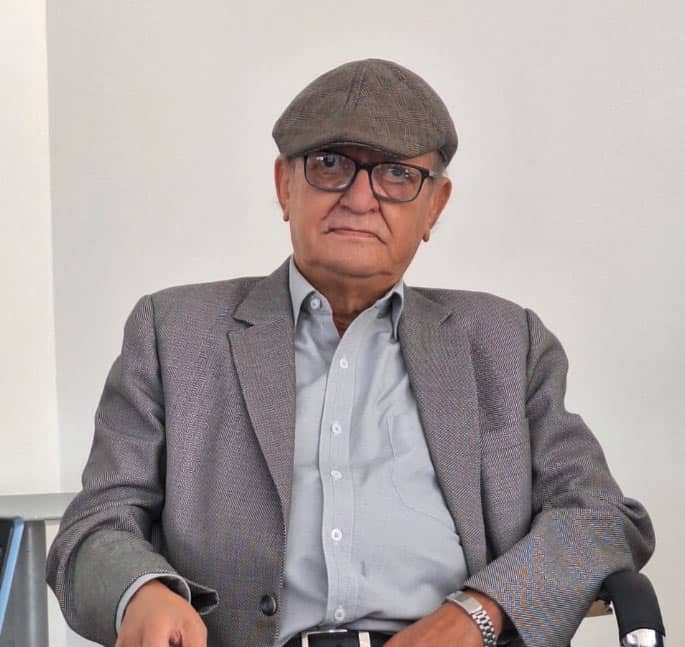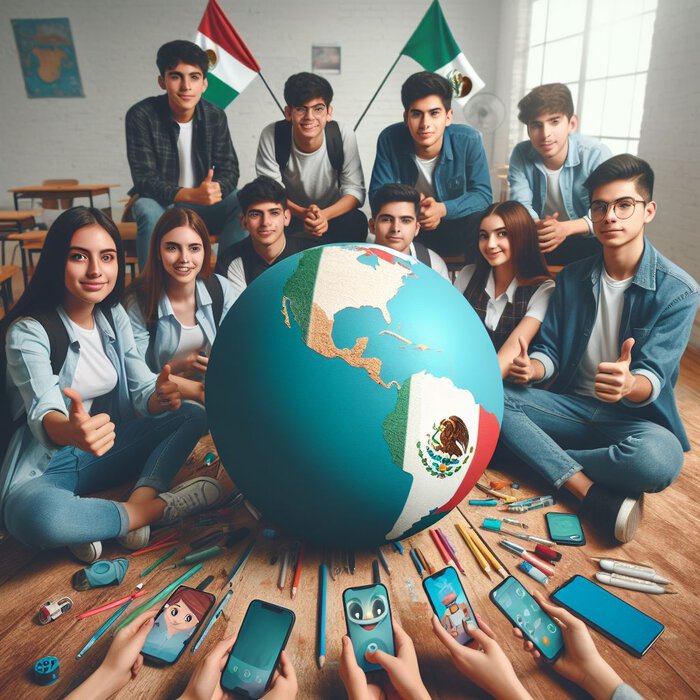By Elio Villaseñor G.
The immediate future presents significant challenges. Over time, the new generations must arm themselves with strength and discipline to face an uncertain reality that not only challenges them, but also demands imagination and courage to achieve their goals. This requires physical and mental resilience, as well as self-discipline to stay focused and committed to their objectives, despite the obstacles.
The road to success is not easy; each step must be taken with enthusiasm and judgment, seeking innovative solutions to complex problems and always keeping the focus on the personal development of young people. They must adopt a positive attitude and make informed and thoughtful decisions.
Many young people today face critical situations that are essential to the survival of their families, taking on significant responsibilities due to limited employment opportunities and access to education, or the need to contribute to the family income. They often deal with adverse working conditions, such as low wages, long hours, lack of job security and social protection, and are willing to engage in a variety of activities to survive, even if they are risky and unstable.
This underscores the urgency of implementing policies and programmes that provide young people with greater opportunities for decent employment and access to education to improve their well-being and life prospects.
Furthermore, since public environments are often restrictive or highly competitive, it is essential to be prepared for these challenges. It is common for young people to face intense competition and barriers to access opportunities, whether it is to obtain a job, start a business or continue specialized studies.
For these reasons, young people must be bold and explore new paths, adopting a proactive attitude to achieve their goals. They should not wait for external solutions, but actively seek opportunities in their environment, through public policy programs, education or in the private sector, assuming an active role in their own development.
Another important role for young people is to become actors who influence the public agenda by placing their issues as priorities and being vigilant in the direction of public policies in future governments.
It is crucial that young people are strengthened and integrated into networks of solidarity and collaboration, where mutual learning and collective development are fundamental. Learning to interact and face challenges that foster strength and creativity is essential. By joining forces with others, they gain resilience and the ability to take risks and solve problems creatively.
In this way, as young people make progress and advance in their life project, they also trace a path full of learning, perseverance and shared successes, essential elements for their personal and collective growth.
In this edition we share two videos in which we invite you to listen to the youth leadership experiences of Randal Marquez, from Barranquilla, Colombia, and Amy Hean, from Mexico City. In the Youth Voices section we present the testimonies of the GOYN-CDMX Youth Advisory Group and their government proposals in Mexico City; that of Amy Hean, on digital violence; that of Karen Ávila, from Jóvenes con Rumbo and that of Mexicolectivo, on job opportunities for youth. In the Experiences section, Ana Paula Ricalde, from Nacional Monte de Piedad, shares her perspective on collective leadership, IECM Advisor Erika Estrada shares her point of view on society and civic values; and expert Alan Palomo outlines the youth agenda, proposals and influence in Mexico City and Latin America. Finally, in the Youth in the World section, once again, Randal Marquez tells us about his experience of his visit to Mexico and his experience at the Ibero-American Civil Society Meeting; and to close the look of GOYN, Pune India, in the text “The future is young”.






